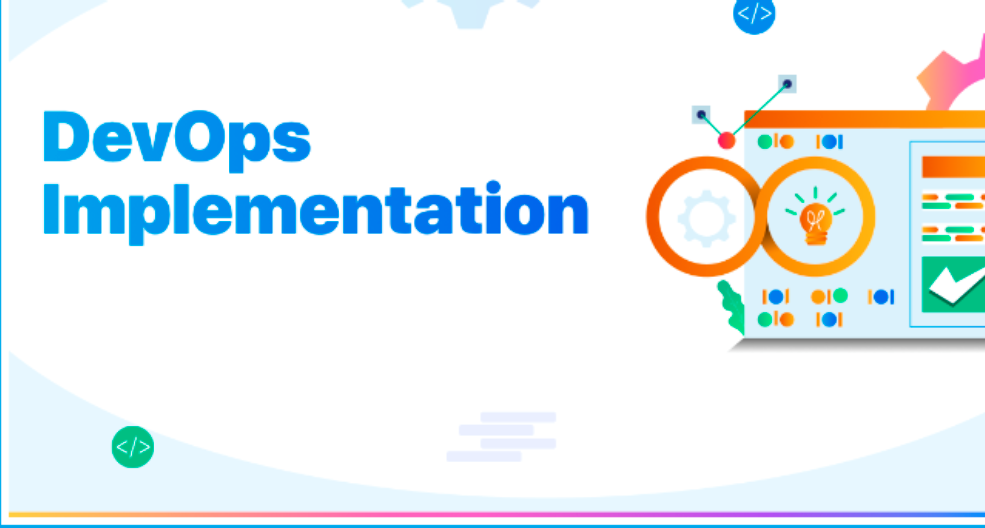DevOps, a revolutionary approach to software development and delivery, has gained significant popularity in recent years. By breaking down silos between development and operations teams, DevOps enables organizations to deliver applications faster, with improved quality and higher customer satisfaction. In this blog post, we’ll explore eight essential tips for implementing DevOps successfully. Let’s dive in and revolutionize your software development process!
1. Foster Collaboration and Communication
Successful DevOps implementation relies on strong collaboration and effective communication across teams. Encourage developers, operations teams, and other stakeholders to work together closely, sharing knowledge and breaking down barriers. Promote a culture of open and transparent communication to ensure everyone is aligned towards common goals.
2. Automate, Automate, Automate
Automation is at the heart of DevOps. Identify manual, repetitive tasks in your software development lifecycle and automate them. This includes building, testing, deployment, and monitoring processes. Automating these tasks not only saves time and reduces errors but also enables faster delivery and more frequent releases.
3. Continuous Integration and Deployment
Implement continuous integration (CI) and continuous deployment (CD) practices to streamline your software development process. CI ensures that code changes are frequently integrated into a shared repository, promoting early bug detection. CD, on the other hand, automates the deployment of application changes to production environments, reducing risk and enabling rapid feedback.
4. Embrace Infrastructure as Code (IaC)
Infrastructure as Code is a fundamental concept in DevOps. Use tools like Terraform or AWS CloudFormation to define and manage your infrastructure in a declarative manner. By treating infrastructure as code, you can version, test, and deploy infrastructure changes, leading to consistent and reproducible environments.
5. Implement Continuous Monitoring
DevOps is not just about development and deployment but also about continuous monitoring of applications and infrastructure. Implement monitoring tools to gain real-time visibility into your systems’ performance, detect anomalies, and proactively address issues. By continuously monitoring your applications, you can ensure high availability and performance.
6. Prioritize Security
Security should be an integral part of your DevOps practices. Implement security measures throughout the entire software development lifecycle, including code analysis, vulnerability scanning, and secure access controls. By integrating security early on, you can mitigate risks and protect your applications and data.
7. Encourage Learning and Improvement
DevOps is a journey of continuous improvement. Encourage a learning culture where teams experiment, learn from failures, and strive for incremental improvements. Embrace post-mortems to analyze incidents and identify opportunities for growth. Foster a blameless environment where individuals feel safe to innovate and take risks.
8. Measure Success with Metrics
Establish key performance indicators (KPIs) to measure the success of your DevOps implementation. Track metrics like deployment frequency, mean time to recover (MTTR), customer satisfaction, and release quality. These metrics will provide valuable insights into your team’s performance and help drive continuous improvement.
DevOps is more than just a trendy buzzword; it’s a transformative approach to software development and delivery. By following these essential tips, you can pave the way for a successful DevOps implementation within your organization. Foster collaboration, automate processes, embrace CI/CD, adopt Infrastructure as Code, prioritize security, encourage learning, and measure success with metrics. Embrace the DevOps mindset, and watch your software development process become faster, more efficient, and more responsive to customer needs. Happy DevOps-ing!




